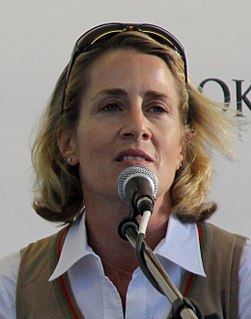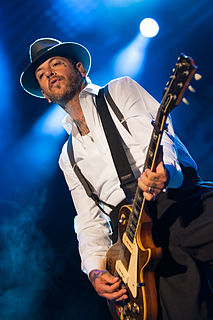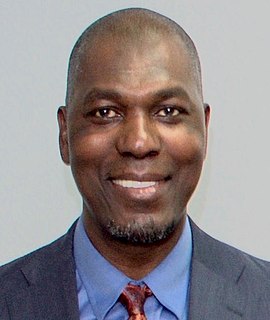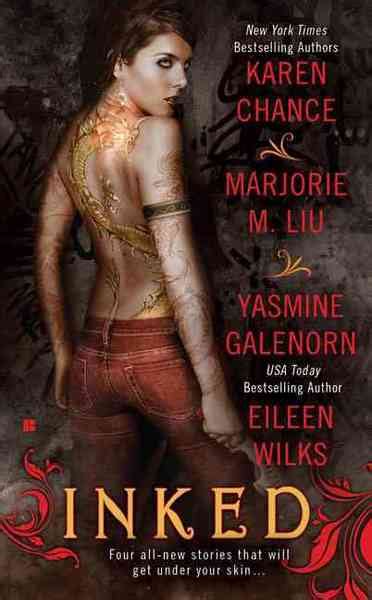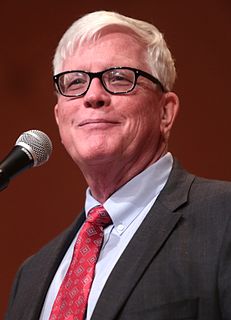A Quote by Jodi Picoult
I had absolutely no trauma in my childhood. If anyone ever assumed that my books were autobiographical, they'd be sorely disappointed, because none of these things happened to me.
Related Quotes
I think trauma gets a reductive treatment. We tend to think only violence or molestation or total abandonment qualify as "childhood trauma," but there are so many ruptures and disturbances in childhood that imprint themselves on us. Attachment begets trauma, in that broader sense, and so if we've ever been dependent on anyone, I think there is an Imago blueprint in us somewhere.
Do you think that civilization advances because of things written in books? Not a bit of what is written in books ever got there until after the thought of it happened in someone's mind. Someone first had to collect it from space, or recollect it from its electrical pattern to which he (or she) had been attuned. The book is but a record of what has already happened.
There are those uncomfortable things that've passed that you have to deal with or they define you, like childhood trauma. Like when I'm lost, I just feel like somewhere along the line, if you've gone through any childhood trauma, it makes you lose your essence and it takes a while to get that back. There are certain things about that that push my buttons.
They always assumed that I did not speak. That I could not. So many had plotted my death, discussed it, laughed about it, even while I was in the same room, because they assumed I was mindless. Like one of the failures of their kind, born mad. But I was not a failure. I was what I was supposed to be. I was dhampir. And they never lived to tell anyone they were wrong.
Donald Trump actually won a lot of people. We've got to give the president-elect his due. He was a tractor beam for the disappointed. He said to the people who were disappointed with the president on Obamacare, "Come to me." He said to the people who were disappointed with trade, "Come to me." He said to the people who were disappointed with the Supreme Court, "Come to me." And he did run a campaign of bringing in the disappointed. And to the people who may be disappointed with their own lives and where they are. And they have a person to speak for them.




